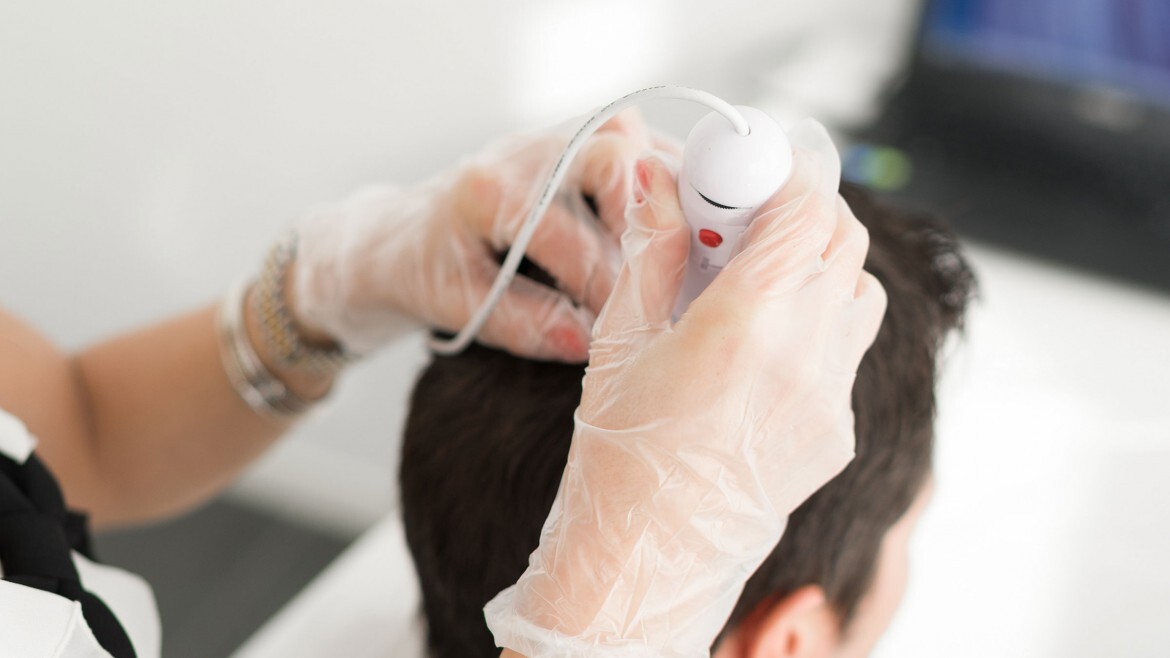Eczema on the scalp
This uncomfortable condition occurs due to seborrheic or overproduction of sebum and / or a skin infection. This leads to itchy, scaly patches of skin that may be dry or oily. Since the scalp contains many seborrheic glands that help lubricate the hair, it is particularly prone to eczema. Eczema can manifest itself in many ways, including allergies, stress, or excessively oily or dry skin.
Eczema is caused by a yeast species that is living on the skin. It can affect the scalp and other parts of the body, though it is most commonly associated with the scalp. It affects up to 5% of the general population, with about 100% of those suffering from eczema being male. Malassezia, the yeast that lives on everyone’s skin, can trigger an immune response that causes inflammation and itching. Atopic dermatitis, atopic eczema, and contact dermatitis can also affect the scalp as well as eczema which is more common in newborns and people over age 40. Dandruff, a milder condition that affects up to half the population, is similar to eczema.
What Causes Eczema?
Eczema’s actual cause is still unknown. It’s thought to be linked to the immune system, family history, and environmental variables, according to trichologists. Adults and young children are affected, and the illness can improve over time or become a life-long problem. In the most common form of eczema on the scalp, a hypersensitive immune system is triggered by yeast, Malassezia, a typically innocuous type of yeast that is found on human skin. Malassezia is a common element of the skin’s microbiome for most people. It flourishes in locations where there is an abundance of oil (sebum), and after feeding, it excretes a substance called oleic acid. The immune system of those who are sensitive to oleic acid or who have an overgrowth of this natural yeast can overreact.
Eczema is thought to be triggered by an overactive immune system. Fragrances or certain dyes, significant dryness, and other elements can all contribute to this. Keeping track of your symptoms to see what triggers and exacerbates them can help you manage them over time.
Treatment of Eczema
A cycle of peeling treatments and soothing draining lotions was carried out, due to the presence of impurities on the scalp also due to unsuitable cleansing
Detoxifying treatments for the correct restoration of the natural functions of the scalp
Use of a shampoo with a purifying action on the scalp
A lotion based on Essential Oils was used daily from the beginning of the treatments
Maintenance: A detox every 2 months shampoo and lotion suitable for that scalp
